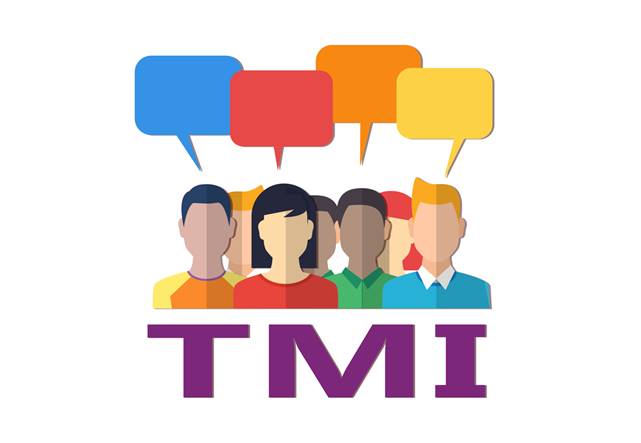
Tailored Motivational Interviewing (TMI)-HIV is an evidence-based intervention comprised of brief sessions that can be integrated into many provider-client interactions to improve health behaviors for the prevention and treatment of HIV, including HIV testing, engagement and retention in HIV treatment or PrEP services, mediation adherence and other target behaviors relevant to self-management. The intervention is based on Motivational Interviewing (MI), “a collaborative conversation style for strengthening a person’s own motivation and commitment to change." MI conversational style may also be thought of as guiding a person to change, rather than directing them to follow change. TMI is MI tailored for HIV-related behaviors and includes cultural tailoring based on a cultural humility framework. Tailoring is based on communication studies of HIV clinic interactions and provider training studies. TMI can vary from a single brief encounter to multiple sessions based on client need and organizational context. Sessions in home-based or office settings can last 30 minutes to an hour, while sessions in medical clinics or street-outreach contexts may take 15 minutes or less.
Want more information about TMI? CLICK HERE
Goals of TMI-HIV
- To improve HIV-related behaviors across the prevention and treatment continua.
- To address other health behaviors such as substance use and sexual activity.
- To provide developmentally tailored strategies to engage young people and people of color.
- to support TMI implementation with evidence-based implementation strategies.
Additional Resources:
- Download the TMI - HIV Toolkit
For more information, contact Dr. Sylvie Naar at Sylvie.Naar@med.fsu.edu - Infographic
A Multi-Site Study of Youth HIV Clinics in the United States: TMI.pdf
References (CTBS investigators in bold):
Naar, S., Kimball, D., Cain, D., Pooler, M., Rambo, S., Chapman, J., MacDonell, K., & Lin Miller, R. (2023). Mechanisms of Successful Implementation of Tailored Motivational Interviewing in a Multisite Study of Youth HIV Clinics in the United States. Journal of acquired immune deficiency syndromes (1999), 94(4), 325–331. https://doi.org/10.1097/QAI.0000000000003291
Budhwani, H., Kiszla, B M., Outlaw, A. Y., Oster, R. A., Mugavero, M. J., Johnson, M. O., Hightow-Weidman, L. B., Naar, S., & Turan, J. M. (2022). Adapting a motivational interviewing intervention to improve HIV prevention among young, black, sexual minority men in Alabama: Protocol for the development of the Kings Digital Health intervention. JMIR, 11(7):e36655. https://doi.org/10.2196/3665
Naar, S., Pennar, A. L., Wang, B., Brogan-Hartlieb, K., & Fortenberry, J. D. (2021). Tailored motivational interviewing (TMI): Translating basic science in skills acquisition into a behavioral intervention to improve community health worker motivational interviewing competence for youth living with HIV. Health Psychology, 40(12), 920–927. https://doi.org/10.1037/hea0001071
Naar, S., MacDonell, K., Chapman, J. E., Todd, L., Gurung, S., Cain, D., . . . Parsons, J. T. (2019). Testing a motivational interviewing implementation intervention in adolescent HIV clinics: Protocol for a type 3, hybrid implementation-effectiveness trial. JMIR Research Protocols, 8(6), e11200. https://doi.org/10.1097/QAI.0000000000002967
YouTube Videos:
